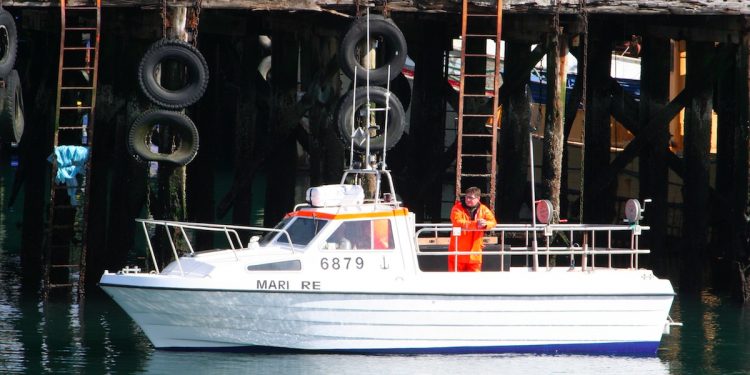The Icelandic Parliament has passed a bill concerning the days at sea available to small-scale fishing vessels operating under the coastal fishery regime, designed to increase safety at sea and the flexibility of the system by increasing the amount of fish going to the coastal fleet.
According to Left-Green Party MP Lilja Rafney Magnúsdóttir who also chairs the Parliamentary industrial affairs committee, this follows a pilot last summer allowing twelve fishing days for each of May, June, July and August, while regional divisions were taken out and a common pot was put in place, expected to suffice for twelve days’ fishing each month all in every area.
‘This worked out and there was general satisfaction with the arrangement. There are still some who voice concerns over area divisions, although it is clear that the 2018 coastal catch per day was higher than it has ever been since the coastal fishery began Last year coastal boats landed an average of 17.90 tonnes, or 1.30 tonnes more than in 2017,’ she told Bæjarins Besta, commenting that last summer’s experience demonstrates that there are greater opportunities to catch more valuable fish, distributed more evenly to processors across each month.

‘This strengthened processors and auctions over the summer at a time when there is less on offer from other operators.’
The Coast Guard is satisfied with the twelve-day arrangement as it allows fishermen to select their fishing days according to the sea and weather conditions, improving safety at sea.
A greater level of flexibility also allows fishermen to come out of the coastal fishery to work on other fisheries, such as lumpfish.
‘This flexibility is important as it supports a greater range of opportunities for fishing over the summer, as well as more economic operation,’ Lilja Rafney Magnúsdóttir said, adding that this year 11,000 tonnes of groundfish have been made available for the coastal fishery, compared to 10,200 tonnes in 2018.
The industrial affairs committee has worked on these changes to the coastal fishery with the Minister of Fisheries and has proposed that the Icelandic Regional Development Institute should carry out an audit in the autumn to examine the last two years’ of the coastal fishery.
‘It’s certainly real progress that this management change has been made law and that it has been possible to achieve cross-party agreement as well as agreement within the industry. This is a step that has been taken following a decade of experience in the coastal fishery that the Left-Green party can be genuinely proud that have implemented under our fisheries minister Steingrímur J. Sigfússon og Jón Bjarnason,’ she said.
‘This fishery has proved that it is a significant support for many smaller fishing communities and has provided an opportunity for people to fish during the summer without having to own quota or making large-scale investments. I am sure that with these changes we are supporting ongoing coastal fisheries and the country’s fishing communities.’









